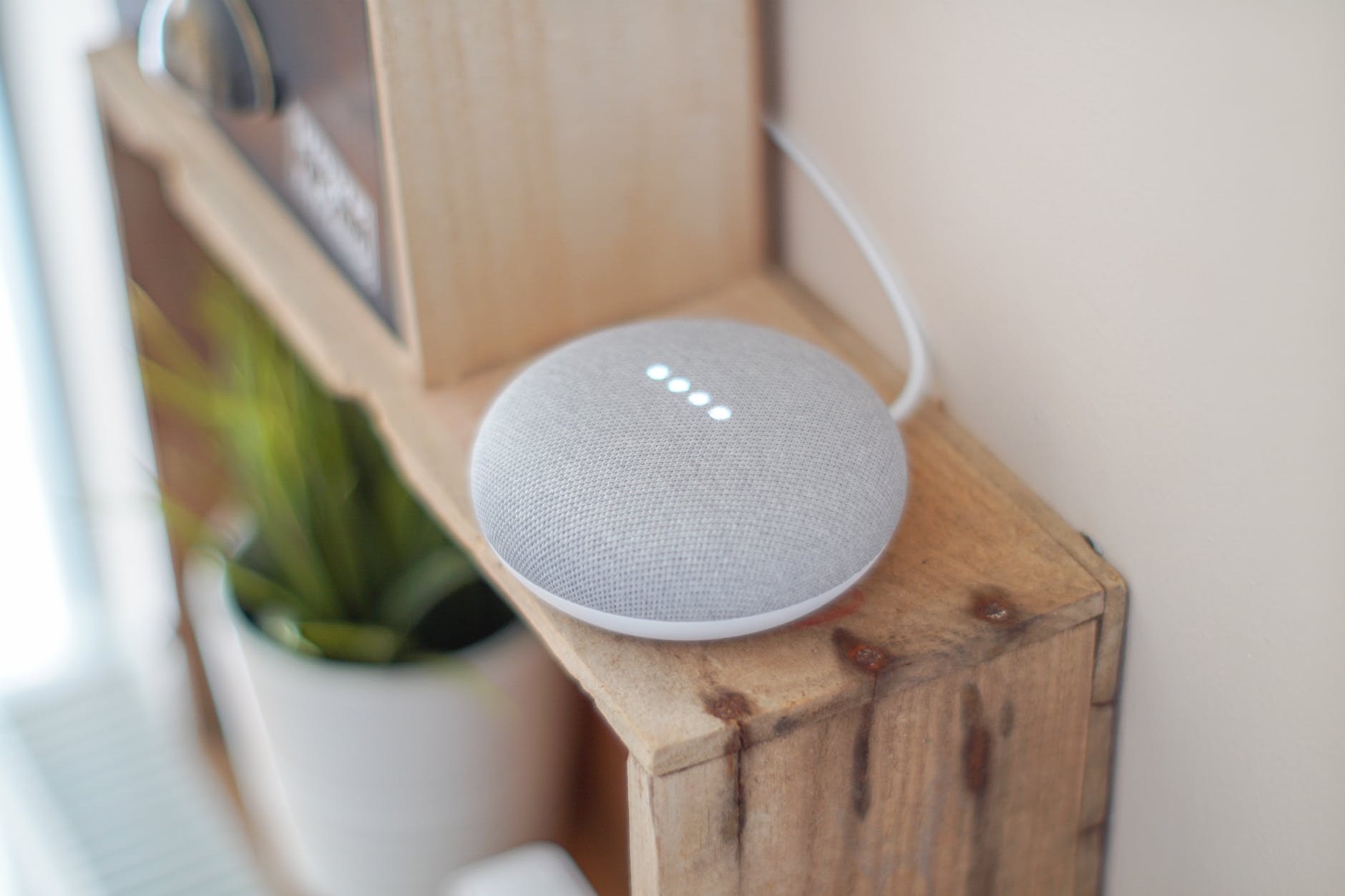Introduction: Exploring the World of Smart Home Technology
In today’s fast-paced world, technology has become an integral part of our lives. From smartphones to smart cars, we are constantly surrounded by innovative solutions that aim to make our lives easier and more convenient. One such technological advancement that has gained significant popularity in recent years is smart home technology. Smart home technology refers to the integration of various devices and systems within a home to create an interconnected network that can be controlled and monitored remotely. This article will delve into the various aspects of smart home technology, including its convenience factor, energy efficiency, security and safety features, integration and control capabilities, and its future prospects.
The Convenience Factor: How Smart Home Technology Simplifies Daily Life
One of the primary reasons why smart home technology has gained immense popularity is its ability to simplify daily life and enhance convenience. With smart home devices, homeowners can control and automate various aspects of their homes, such as lighting, temperature, entertainment systems, and even appliances, with just a few taps on their smartphones or through voice commands. For instance, imagine being able to turn off all the lights in your house or adjust the thermostat while lying in bed, or even remotely starting your washing machine while you are at work. These are just a few examples of how smart home technology can make our lives more convenient and efficient.
Moreover, smart home technology allows for seamless integration between different devices and systems. For example, you can set up routines or scenarios that automatically adjust the lighting, temperature, and music when you arrive home or go to bed. This level of automation not only saves time but also eliminates the need for manual adjustments, making our lives more convenient and hassle-free.
Energy Efficiency: Reducing Environmental Impact with Smart Home Solutions
In addition to convenience, smart home technology also offers significant energy-saving benefits, contributing to a more sustainable future. According to the U.S. Department of Energy, heating and cooling account for nearly half of the energy consumption in an average household. With smart thermostats, homeowners can optimize their energy usage by automatically adjusting the temperature based on occupancy patterns and weather conditions. These devices can learn your preferences over time and create personalized schedules to ensure optimal comfort while minimizing energy waste.
Furthermore, smart lighting systems can also contribute to energy efficiency. By using motion sensors and timers, these systems can automatically turn off lights in unoccupied rooms, reducing unnecessary energy consumption. Additionally, smart plugs and power strips can monitor and control the energy usage of individual appliances, allowing users to identify energy-hungry devices and make informed decisions to reduce their environmental impact.
Security and Safety: Enhancing Protection through Smart Home Technology
Another crucial aspect of smart home technology is its ability to enhance security and safety within our homes. Smart home security systems offer advanced features such as video surveillance, motion detection, and remote monitoring, providing homeowners with peace of mind and a heightened sense of security. These systems can send real-time alerts to your smartphone in case of any suspicious activity, allowing you to take immediate action or notify the authorities.
Moreover, smart home technology can also help prevent accidents and mitigate potential hazards. For instance, smart smoke detectors can detect smoke or carbon monoxide and send alerts to your smartphone, even when you are away from home. This early warning system can save lives and prevent extensive property damage. Additionally, smart locks and doorbell cameras provide an extra layer of security by allowing homeowners to remotely control access to their homes and monitor visitors.
Integration and Control: Managing Your Home with Smart Home Systems
One of the key advantages of smart home technology is its ability to integrate and control various devices and systems within a home. With a centralized hub or a smart home assistant, such as Amazon Alexa or Google Assistant, homeowners can manage and control multiple devices using a single interface. This integration allows for seamless communication between devices, enabling users to create customized routines and scenarios that automate various tasks.
For example, you can create a “Good Morning” routine that automatically adjusts the thermostat, turns on the coffee maker, and plays your favorite morning playlist when you wake up. Similarly, a “Goodnight” routine can lock the doors, turn off the lights, and set the security system before you go to bed. This level of control and automation not only enhances convenience but also improves energy efficiency and security.
Future Prospects: The Evolution of Smart Home Technology and its Potential Impact
As technology continues to advance at a rapid pace, the future prospects of smart home technology are promising. With the advent of artificial intelligence and machine learning, smart home devices will become even more intuitive and capable of understanding and adapting to our preferences and habits. For instance, smart home assistants will be able to anticipate our needs and proactively suggest actions or adjustments based on our daily routines.
Furthermore, the integration of smart home technology with renewable energy sources, such as solar panels and energy storage systems, will enable homeowners to further reduce their carbon footprint and achieve energy independence. This integration will not only benefit individual households but also contribute to a more sustainable and resilient energy grid.
In conclusion, smart home technology has revolutionized the way we interact with our homes, offering convenience, energy efficiency, security, and control. With its ability to simplify daily life, reduce environmental impact, enhance protection, and provide seamless integration, smart home technology has become an essential part of modern living. As technology continues to evolve, the future prospects of smart home technology are promising, paving the way for a more connected, efficient, and sustainable future.
